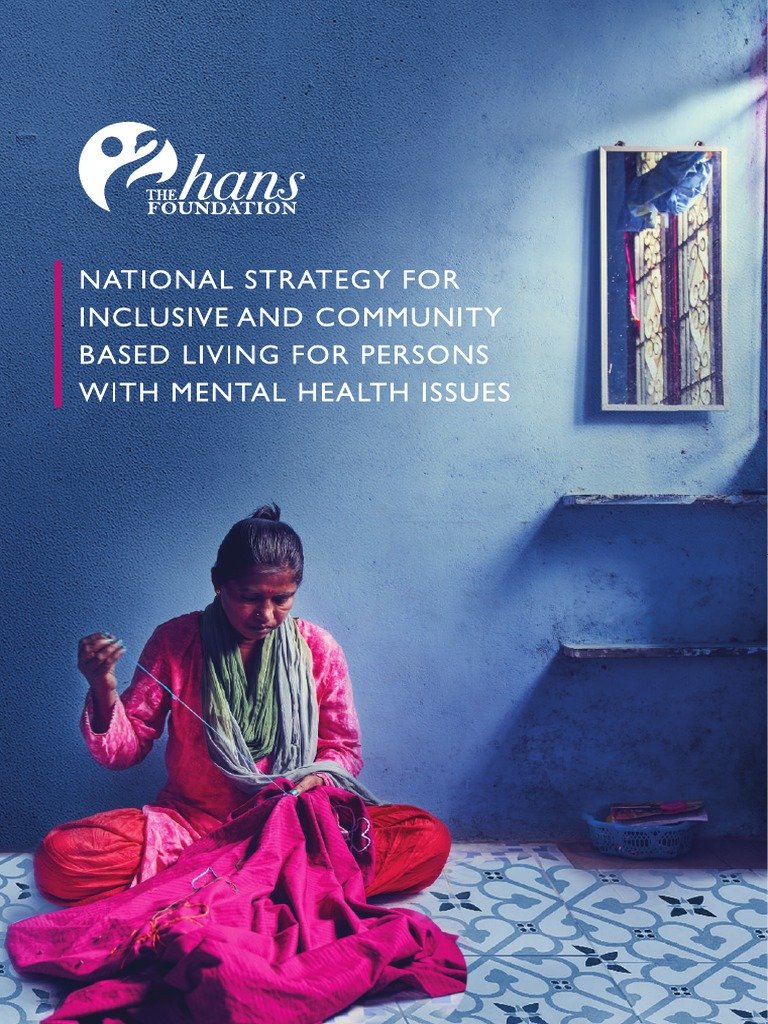I'm also running a big statistical analysis in the background, so if I suddenly drop out it is because my computer crashed. It's been happening a lot frequently.
#SchizoChat
Being a danger to oneself includes imminent suicide risk, which of course could be the result of depression but in schizo-type patients it can also sometimes be the result of psychotic delusions and hallucinations. #SchizoChat
Every time I see a knife a voice tells me to slit my wrists. Every time I see a bridge a voice tells me to jump.
I keep myself safe by avoid triggers and through a careful combination of treatments but trust me-- suicide risk and hallucinations can go hand-in-hand.
This has happened to me in the past. I went to university counseling services to seek help for suicidal voices and was told I was going to the hospital. As I cannot afford a hospital stay I was able to beg my way out of it by signing a non-legally-binding contract.
For example, it seems pretty clear that someone holding a gun to their head is a danger to themselves. But should we also institutionalize someone who has thoughts of putting a gun to their head even if they aren’t acting on those thoughts? #SchizoChat
For many schizo-type patients, these involuntary thoughts are ordinary if not common. I frequently hear voices telling me to kill myself. Am I a threat to myself, or can I just brush those voices away as a hallucination? #SchizoChat
Just in the last few months I have gone weeks where I cannot eat more than 500 calories a day. I was functioning normally otherwise (or normal enough to go to work, take care of pets, etc.) I just couldn’t eat. Should I be institutionalized? #SchizoChat
If you've been committed, do you think it was warranted? #SchizoChat
Patients are denied access to anything they could use to harm themselves, like belts, shoestrings, and sharp eating utensils. #SchizoChat








